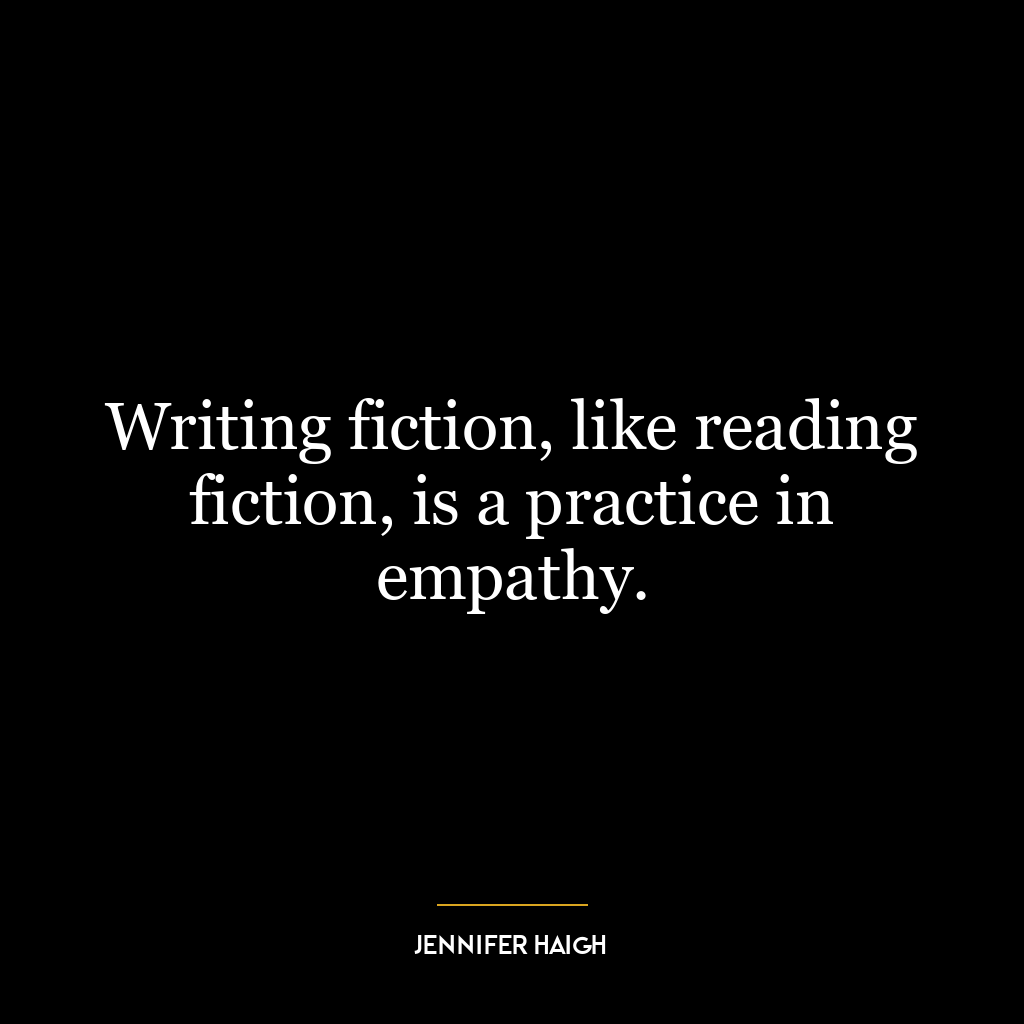The difference between fiction and nonfiction is that fiction must be absolutely believable.
This quote suggests that while nonfiction is based on real events and facts, it doesn’t necessarily have to be completely convincing or believable, as truth can often be stranger than fiction. On the other hand, fiction, although it’s a product of imagination, needs to be believable to engage the reader. It must have a certain level of credibility, consistency, and depth, so readers can connect with the characters, the setting, and the plot. A story that lacks believability, no matter how creative, will struggle to captivate or convince its audience.
In essence, Twain is emphasizing the importance of authenticity and credibility in storytelling, even when the stories are made up. This can be a reflection of the author’s skill in creating a world that, despite being fictional, feels real to the reader.
Applying this concept to today’s world, especially in the realms of media and personal development, can yield interesting insights. In an era where misinformation and “fake news” are prevalent, the need for believable, credible information is more important than ever. Just like fiction, the information presented to us—whether it’s a news story, a social media post, or a political speech—needs to be believable for us to accept it.
In terms of personal development, this quote can be interpreted as a call for authenticity and consistency. Just as a fictional story needs to be believable to be effective, so too do individuals need to be authentic and consistent in their actions and words to gain trust and respect from others. Whether we’re crafting our personal brand, building relationships, or leading a team, being believable—being real—is essential.
So, in a way, Twain’s quote could serve as a reminder that credibility and authenticity are not just crucial in storytelling but in all aspects of life.








